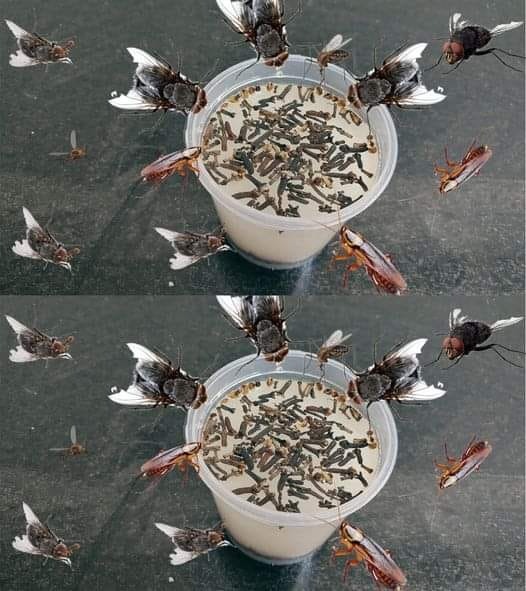Irregular sleep patterns:
Our body's natural circadian rhythm dictates when we should feel tired and alert. Disrupting this rhythm by sleeping at odd hours can lead to difficulty falling asleep. It's advisable to maintain a consistent sleep schedule based on your wake-up time.
Eating right before bedtime:
Consuming a heavy meal just before going to bed can make it challenging for your body to relax and fall asleep. Late-night snacking can also lead to digestive issues that interfere with sleep. It's recommended to have dinner two to three hours before bedtime.
Using electronic devices in bed:
The blue light emitted by electronic devices can hinder melatonin production, making it harder to fall asleep. Experts suggest reducing screen time to at least two to three hours before bedtime.
Late-night exercise:
Exercising close to bedtime can leave you energized and pumped up with adrenaline, making it difficult to wind down and sleep. It's best to avoid exercise at least one to two hours before bedtime.
Consuming caffeine at night:
Caffeine stimulates the nervous system, increasing alertness and brain activity, which is counterproductive for sleep. It's advisable to steer clear of coffee and other caffeinated drinks like soda and tea after 2 p.m.
Poor sleep hygiene can contribute to various health issues, including heart disease, depression, and type 2 diabetes. By making small adjustments to our bedtime habits, we can promote better sleep and overall health.






